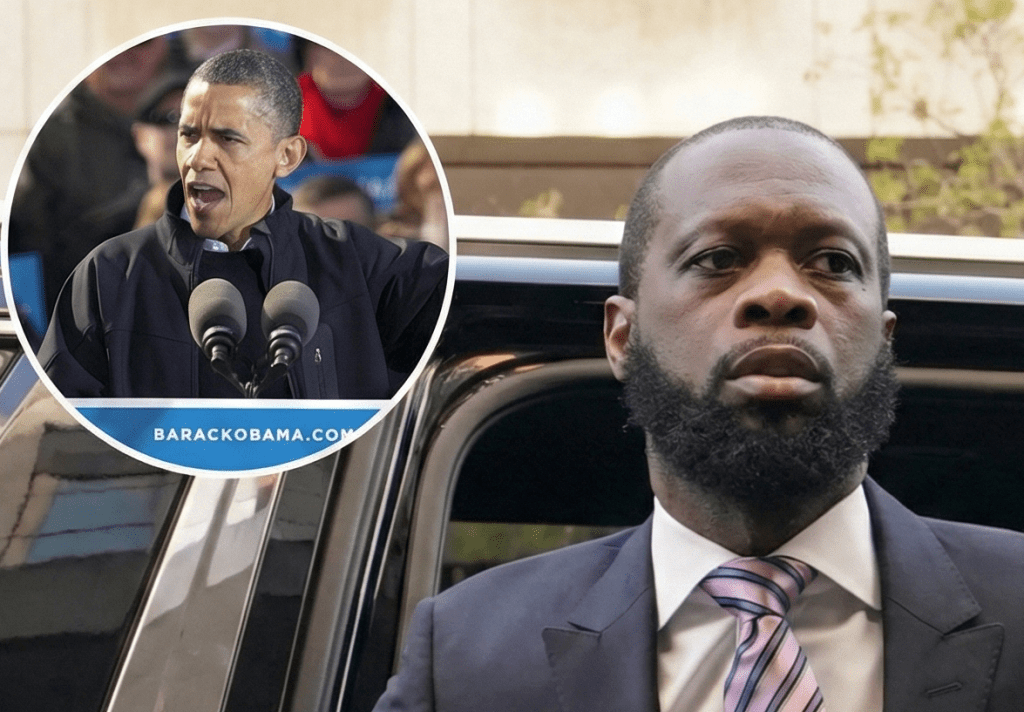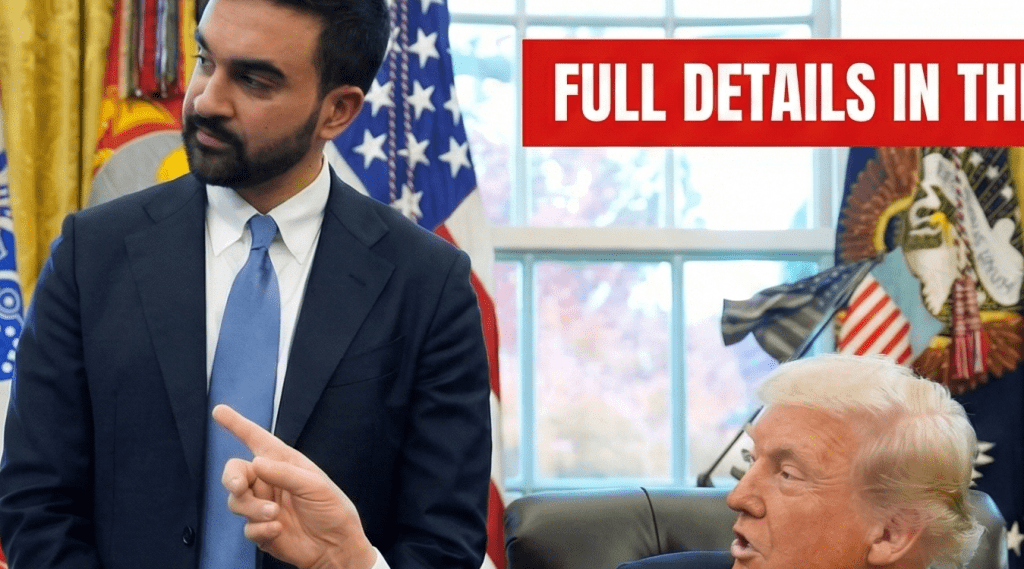From ‘Killing Me Softly’ Glory to Federal Prison Cell: The Tragic Unraveling of Fugees Rapper Pras Michel’s Life After $3 Million Straw Donor Scandal Ties Back to Barack Obama’s 2012 Bid
In the dim-lit corridors of a Manhattan federal courthouse, where the air hung heavy with the weight of faded dreams and unspoken regrets, Pras Michel stood before Judge Colleen Kollar-Kotelly on November 20, 2025, his once-electric presence now subdued under the fluorescent glare. The Fugees rapper, 52, whose baritone harmonies on “Killing Me Softly” had once topped charts and touched souls worldwide, faced the gavel with a quiet dignity that masked the shattering of a legacy built on rhythm and resilience. Dressed in a charcoal suit that seemed a size too large for the man who’d lost weight through months of legal limbo, Michel listened as the judge delivered her verdict: 14 years in federal prison for his role in a sprawling conspiracy to funnel millions in illegal foreign donations into Barack Obama’s 2012 reelection campaign, along with witness tampering and acting as an unregistered foreign agent. “This case is about more than money—it’s about the integrity of our democracy,” Kollar-Kotelly intoned, her voice steady but laced with the gravity of a judge who’d seen too many talents derailed by temptation. As marshals led him away, Michel turned to his tearful family in the gallery—his mother, siblings, and a smattering of Fugees faithful—and mouthed “I love you,” a final note in a symphony that had once promised immortality but now echoed with the ache of what might have been.
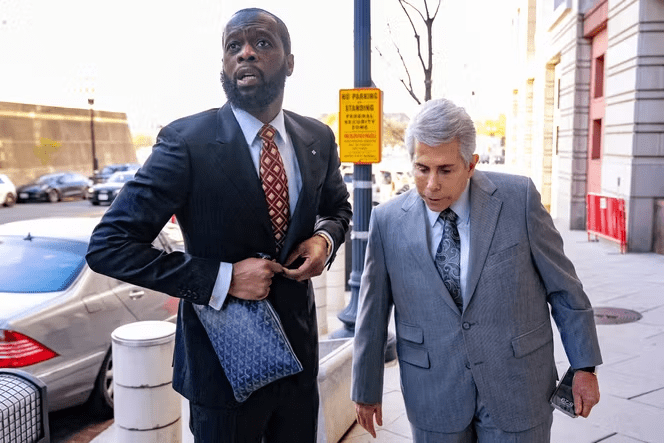
Michel’s descent from hip-hop heights to courtroom lows is a narrative that tugs at the heartstrings like a forgotten B-side, a story of brilliance eclipsed by bad choices in a world where fame’s spotlight can blind even the sharpest eyes. Born Prakazrel Samuel Michel on February 19, 1972, in Miami to Haitian immigrants who’d fled Duvalier’s dictatorship for America’s promise, he grew up in a modest New Jersey home where music was salvation and survival. As a teen at Duke Ellington School for the Arts, he met Lauryn Hill and Wyclef Jean, forging the Fugees—a trio whose 1996 album “The Score” fused reggae grooves with raw rap poetry, selling 17 million copies and earning Grammys for Album of the Year and Best Rap Album. “Ready or Not,” with its haunting sample of Enya’s “Boadicea,” became an anthem of defiant joy, Michel’s verses a bridge between street smarts and soulful introspection. The Fugees disbanded amid egos and exes in 1997, but Michel’s solo path shimmered: acting in “Higher Learning,” producing for Destiny’s Child, launching Bamboozled in 2018 to revive the group. Fans adored his quiet charisma—the dreadlocked philosopher who mentored young artists, his Haitian heritage a badge of pride at galas and galas alike. “Pras was the glue, the one who kept the dream alive when the lights dimmed,” Wyclef Jean told Rolling Stone in a 2023 interview, his voice thick with the bond of brothers who’d conquered the world together.
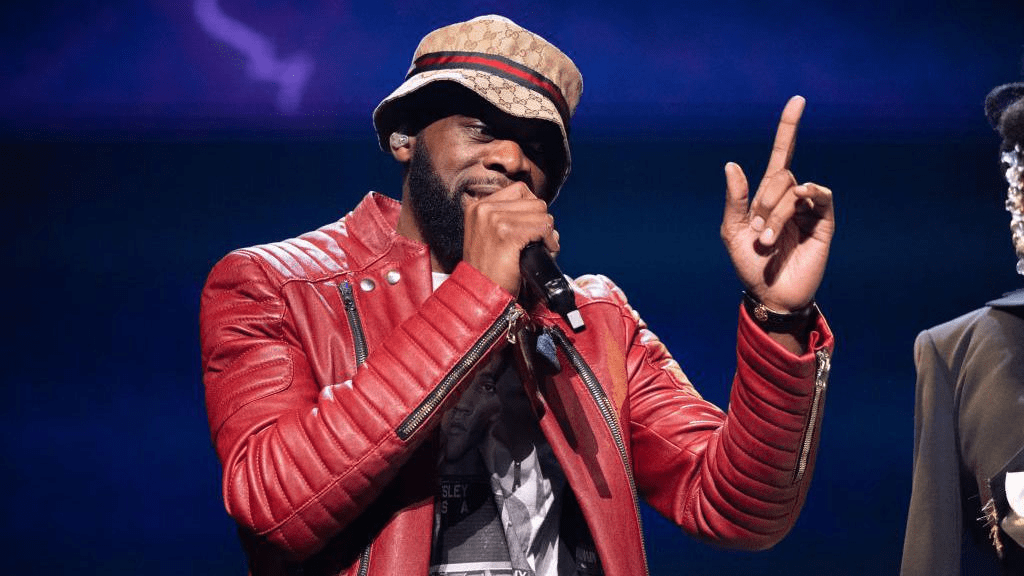
But the shadows lengthened in 2012, when Michel, flush with Fugees royalties and Hollywood gigs, crossed paths with Jho Low, the Malaysian financier whose 1MDB scandal would make headlines as one of history’s greatest heists. Low, the playboy scion who’d partied with Leo DiCaprio and hosted yacht bashes for the elite, saw in Michel a conduit to American power. What began as casual camaraderie—shared flights to Cannes, whispers of movie deals—evolved into a plot that prosecutors called “brazen and bold”: Michel allegedly funneled $3 million in Low’s laundered funds through straw donors to Obama’s reelection bid, disguising the cash as legitimate contributions from U.S. citizens. The scheme, detailed in a 2023 indictment unsealed after Michel’s March 2023 arrest, involved 28 bogus donors—friends, relatives, even acquaintances paid $1,000 to “give” $10,000 each—bypassing federal limits and masking foreign influence in a campaign that raised $715 million. “This wasn’t politics; it was a betrayal of trust,” Assistant U.S. Attorney Nicholas Chiuchiolo argued during Michel’s May 2025 trial, his closing a gut-punch of evidence: wire transfers from Low’s accounts to Michel’s, emails coordinating donor “scripts,” FEC filings riddled with fictions. Michel, testifying in his own defense, painted a picture of naivety: “I thought it was a loan, not a lie—I was starstruck by the glamour, blind to the greed.”
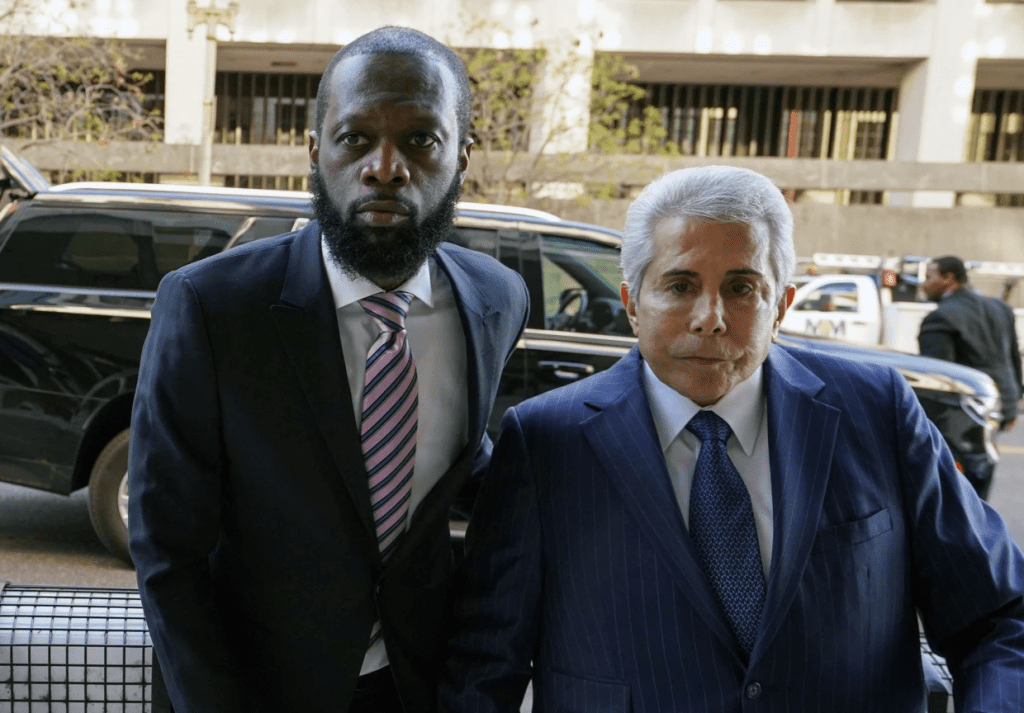
The trial, a six-week spectacle in D.C.’s federal court that drew TMZ trucks and true-crime podcasters, unfolded like a hip-hop opera gone wrong, with Michel’s charisma clashing against the cold calculus of corruption. Jurors, a diverse cross-section from teachers to techies, heard from Low’s ex, model Amanda Staveley, who detailed yacht parties where campaign talk mingled with caviar; from FEC officials who traced the $865,000 in illegal Obama donations to Michel’s shell entities; and from Michel himself, whose teary testimony evoked the vulnerability of a man caught between fame’s siren song and friendship’s folly. “I admired Obama—’Yes We Can’ was my mantra,” he said, his dreads tied back, voice breaking as he recounted growing up idolizing the president whose 2008 win felt like vindication for Black boys from broken homes. Convicted on 10 of 11 counts—including conspiracy, FECA violations, and foreign agent registration failures—the verdict landed like a skipped heartbeat, Michel hugging his lawyer Marc Agnifilo as the gallery gasped. “It’s a dark day for justice,” Agnifilo thundered post-trial, vowing appeals that could drag to 2027, but Kollar-Kotelly’s sentencing dashed hopes: 14 years, above the 10-year low end, factoring Michel’s lack of remorse and the “profound threat to democracy.”
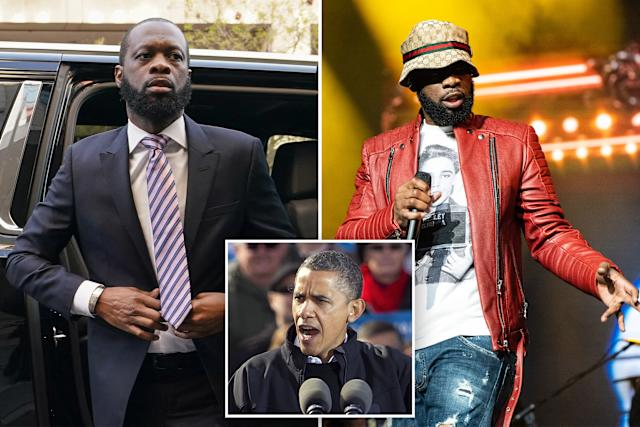
For Michel’s inner circle, the fall is a wound that festers with the sorrow of what-ifs, a brotherhood fractured by one man’s misstep. Wyclef Jean, the Fugees’ Haitian heart who fled Papa Doc’s regime for Brooklyn beats, issued a statement on November 21 that read like a eulogy: “Pras is my brother in blood and bars—we rose from nothing to everything, and this pain cuts deep. Pray for him, as I do.” Lauryn Hill, the elusive genius whose “Doo Wop (That Thing)” defined an era, stayed silent, her absence a poignant echo of their 1997 split amid rumors of romance and rivalry. Michel’s family, Haitian immigrants who’d sacrificed for his saxophone lessons and studio time, gathered outside the courthouse in a huddle of hugs and hushed prayers, his mother Millicent’s tears carving rivers down cheeks lined with pride turned to pain. “He was our light—the boy who made music from hurt,” she told reporters, her accent thick with Port-au-Prince memories, clutching a faded Fugees poster like a talisman. Friends from the Bamboozled tour, where Michel mentored up-and-comers like Joey Bada$$, now whisper of a man who chased Hollywood highs to fill the void left by the Fugees’ fracture, Low’s yacht world a seductive escape from the music industry’s grind.
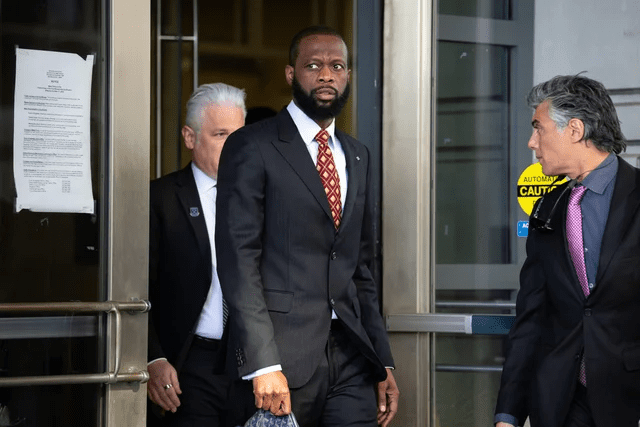
The broader ripple touches the soul of democracy’s fragile trust, a reminder that even icons can falter when fame meets fortune’s dark side. Obama’s 2012 campaign, a juggernaut of grassroots gold that raised $715 million without a single foreign dollar—or so it seemed—now bears this asterisk, though White House alumni like David Plouffe dismissed it as “one rogue actor’s folly, not our fault.” FEC records confirm the $3 million infusion, but the Obama Foundation’s silence speaks volumes, their Chicago headquarters a beacon of hope now tinged with shadow. Michel’s sentence, harsher than some white-collar peers like Paul Manafort’s 7.5 years for similar laundering, draws whispers of racial disparity—Black men in the system facing longer bids, per a 2024 Sentencing Project report showing 20% disparities for non-violent financial crimes. “Pras paid for being visible—a Black face in the scandal machine,” his lawyer Agnifilo argued in sentencing memos, citing Michel’s community work: anti-gun violence PSAs, Haitian relief concerts post-2010 earthquake. Kollar-Kotelly, unmoved, cited the “national security threat” of foreign meddling, her ruling a sobering coda to the 2016 election interference era.
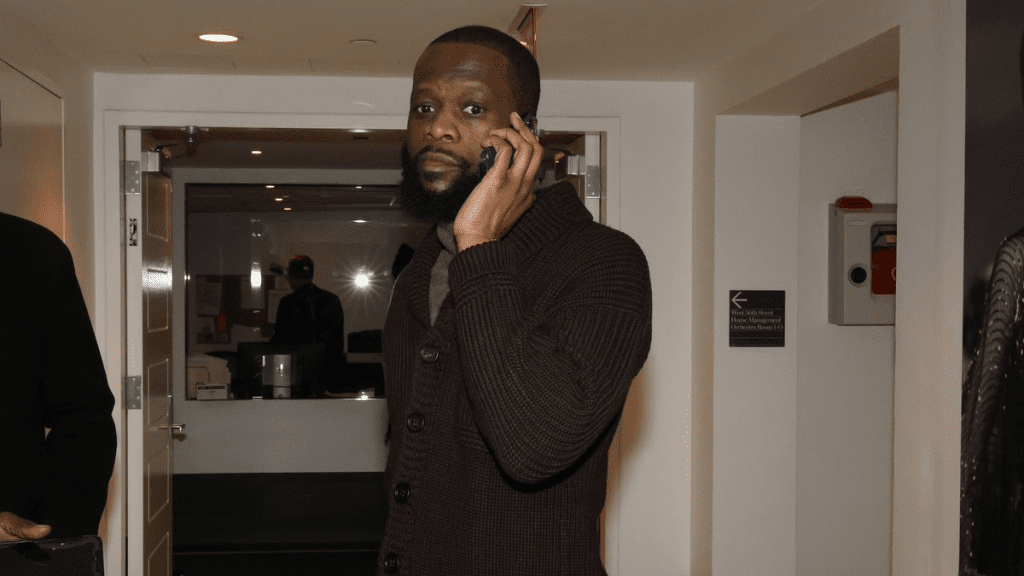
For fans who grew up on “The Score,” blasting “Fu-Gee-La” from boomboxes in Brooklyn stoops or Miami clubs, Michel’s fate evokes a quiet mourning—the Fugees as more than music, a cultural bridge from refugee tales to rap royalty. In Newark’s Ironbound, where Haitian markets hum with konpa rhythms, 35-year-old DJ Lena Francois queues up “Ready or Not” at a barbershop wake for the “old days,” her voice soft with nostalgia: “Pras gave us soundtracks to survive—now he’s surviving something we can’t soundtrack.” The Fugees’ 2021 reunion tour, scrapped after Hill’s no-shows, feels prophetic, Michel’s solo ventures—like his 2018 acting turn in “Black Panther”—a flicker of reinvention snuffed by the scandal. As he awaits transfer to FCI Otisville, a low-security camp upstate where white-collar inmates like Michael Cohen once paced, Michel’s story lingers as a cautionary verse: fame’s fragile, fortune fleeting, but the beats that bind us endure.
In the end, as November’s chill settles over the courthouse steps where Millicent Michel last hugged her son, one feels the poignant pull of redemption’s horizon—appeals pending, perhaps a pardon plea in Trump’s clemency queue. For the Fugees faithful, it’s not erasure, but elegy: Pras, the philosopher-rapper who rhymed hope from hardship, now rhyming survival from silence. His fall, heartbreaking in its heights and depths, reminds us that even legends stumble, but the music—the human melody of rise and resilience—plays on, a soft echo in the heart’s quiet corners.
